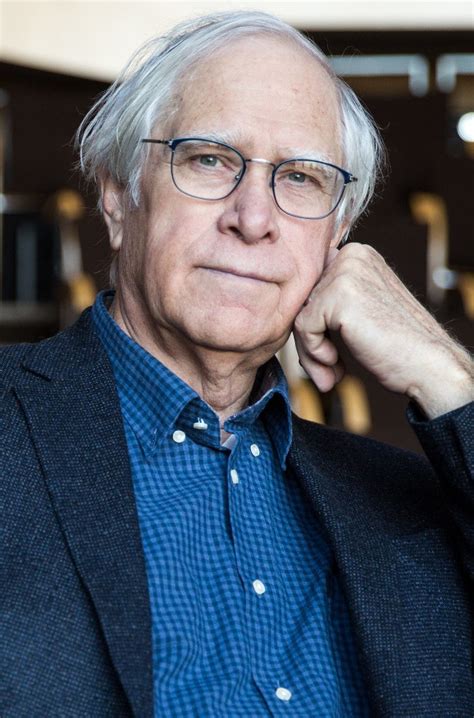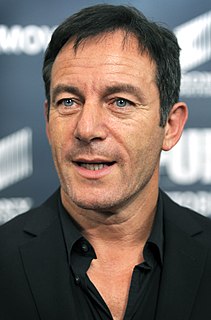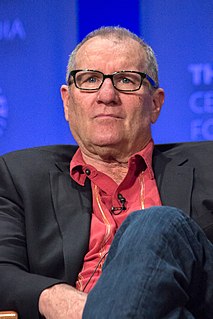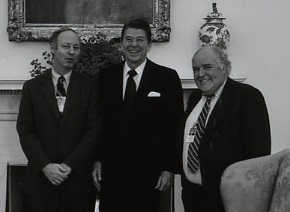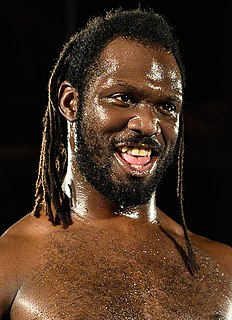A Quote by John Sandford
If readers tell you that stretches of dialogue or narrative were too long, that they couldn't tell who was talking, that's something that can be fixed.
Related Quotes
In high school, I got into a speech class run by a nun who used to put on plays. She put me in a oratorical competitive program. You would tell a story, and they were very corny, something like 'My Childhood Hero.' It was something out of 'Readers Digest.' I always thought it was too much and too dramatic.
I'm obsessed with this idea of storytellers and people who have a narrative, and sometimes sustain a relationship because they're telling a narrative and someone is listening to that. Often the nature of the relationship is determined by how well they tell the story, or someone else's ability to suspend disbelief, or infuse into their narrative something which they may not even be aware of.
The very act of story-telling, of arranging memory and invention according to the structure of the narrative, is by definition holy. We tell stories because we can't help it. We tell stories because we love to entertain and hope to edify. We tell stories because they fill the silence death imposes. We tell stories because they save us.
We all have an ongoing narrative inside our heads, the narrative that is spoken aloud if a friend asks a question. That narrative feels deeply natural to me. We also hang on to scraps of dialogue. Our memories don’t usually serve us up whole scenes complete with dialogue. So I suppose I’m saying that I like to work from what a character is likely to remember, from a more interior place.
